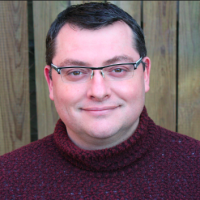
German Policymakers Beyond the Cabinet
Similar to any modern democratic political system, power in Germany is concentrated in the cabinet—currently with fifteen ministers controlling various policy areas and respective bureaucracies. There is, of course, also …
Episode 53: The Changing Dynamics of German Politics
Chancellor Olaf Scholz’s coalition of the Social Democratic Party (SPD), the Greens, and the Liberal FDP has just passed 100 days in office, faced with Russia’s war on Ukraine and …
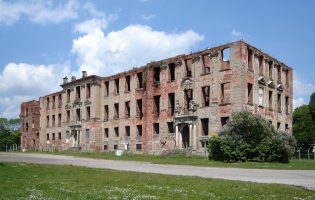
Catherine the Great and the Limits of German Memory Culture
Catherine the Great. Yes, the eighteenth-century Russian Czarina, who was originally German, is back in the news. As reported by Katrin Bennhold in the New York Times, the former chair …
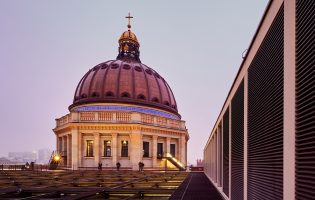
Another Unmasterable Past?
The Humboldt Forum Part II As I wrote over a year ago, the new museum and cultural complex in central Berlin, the Humboldt Forum, has gradually opened since late 2020 …
Episode 47: False Information, Conspiracy Theories, and Right-Wing Extremism
Since the Covid 19 pandemic began in many countries, conspiracy theories and political extremism have grown but particularly in the United States and Germany. False information has flourished, leading the …
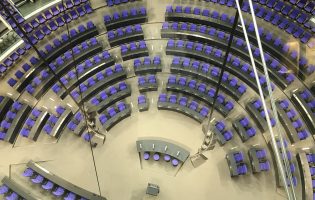
Not So Boring After All
The Bundestag Campaign One Month Before Election Day Lately, there have been two emerging narratives regarding the September 26th election for the German Bundestag. On the one hand, commentators are …
The 2021 Bundestag Election and Results
AGI Project
The Political and Electoral System of Germany
The Federal Republic of Germany is a constitutional republic with the Federal President (Bundespräsident/in) as the Head of State with limited political power. The incumbent is Frank-Walter Steinmeier (formerly a …
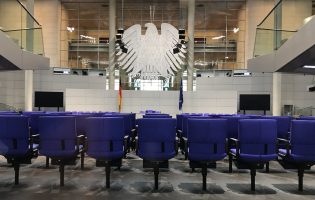
Understanding the German Electoral System
German voters will go to the polls on September 26th to elect a new lower house of parliament, the Bundestag. Although each one of these elections held every four years …
A Guide to German Elections
AGI Project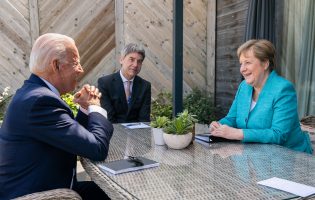
AGI Experts Preview Merkel’s Visit to Washington
Securing a Transatlantic Legacy Jeff Rathke, President Chancellor Merkel makes her last official visit to Washington just weeks before the September 26 Bundestag election will punctuate her path-breaking career as …



